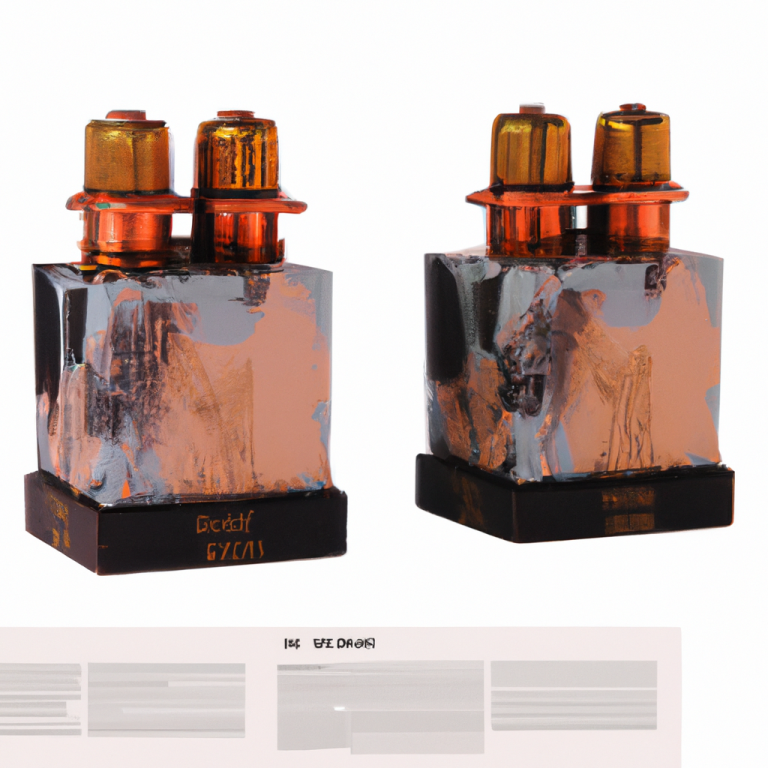Exploring the Role of Resin in Resin Cast Dry type transformers: Benefits and Challenges
Resin cast Dry type transformers are a type of transformer that uses a resin-based insulation system to protect the transformer’s internal components from environmental and electrical hazards. This type of transformer is becoming increasingly popular due to its many advantages, such as its ability to operate in harsh environments, its low fire hazard, and its low maintenance requirements. However, the use of resin in these transformers also presents some challenges. In this article, we will explore the role of resin in resin cast Dry type transformers, the benefits it provides, and the challenges it presents.
Resin is a type of synthetic material that is used to insulate the internal components of a transformer. It is a non-conductive material that is highly resistant to heat, moisture, and other environmental factors. The resin is applied to the transformer’s internal components in a liquid form and then cured to form a solid insulation layer. This layer of insulation protects the transformer’s internal components from electrical and environmental hazards.
The use of resin in resin cast Dry type transformers provides several benefits. First, it is a highly reliable insulation material that is resistant to heat, moisture, and other environmental factors. This makes it ideal for use in harsh environments, such as those found in industrial settings. Additionally, resin is a low fire hazard material, which makes it safer to use than other insulation materials. Finally, resin cast Dry type transformers require less maintenance than other types of transformers, as the resin insulation layer does not need to be replaced as often.
However, the use of resin in resin cast Dry type transformers also presents some challenges. First, the resin insulation layer can be difficult to repair if it is damaged. Additionally, the resin insulation layer can be susceptible to degradation over time, which can reduce the transformer’s efficiency and reliability. Finally, the resin insulation layer can be expensive to replace if it is damaged or needs to be replaced due to age.
In conclusion, resin cast Dry type transformers are becoming increasingly popular due to their many advantages, such as their ability to operate in harsh environments, their low fire hazard, and their low maintenance requirements. However, the use of resin in these transformers also presents some challenges, such as difficulty in repairing the insulation layer and susceptibility to degradation over time. It is important to consider these challenges when selecting a transformer for a particular application.

